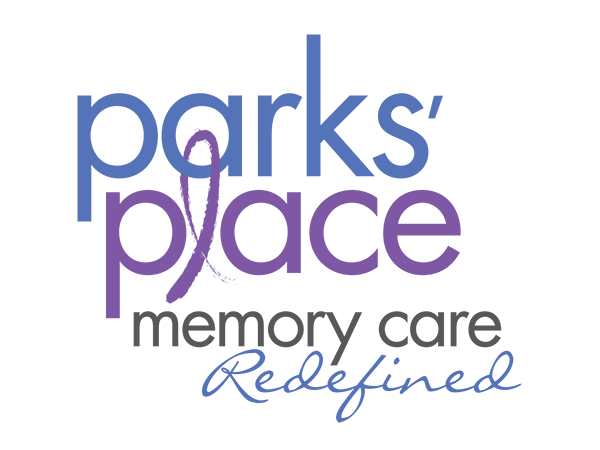The timing of finding a home is unique for each individual with dementia. Just as no two people will have the same journey with dementia, no two people will have the same timeline and circumstances that will contribute to finding a home. This makes it very difficult for families to know when the time is right to make the move to an assisted living or memory care home.
We All Have Limits
It is important for caregivers to understand and acknowledge his or her own limits. As human beings, we all have limits: physically, emotionally, stress tolerance, spiritually, etc. It is important caregivers recognize what his or her individual limits are. In recognizing their own limits, caregivers will know when the care needs of their loved one has reached or surpassed what the caregiver is able to provide. There is absolutely no shame in recognizing your limits and no reward for pushing yourself past those limits. Pushing past those limits can lead to caregiver exhaustion and inadequate care for the person with dementia.
Caregivers who are spouses to someone with dementia often feel like they are not living up to their marriage vows of sticking with their spouse “in sickness and in health.” But, in fact, they ARE living up to that vow. They are finding the help they need to keep their vow of loving and caring for their spouse through their sickness.
Financial Analysis
It is equally as important to evaluate your loved one’s finances. Knowing the finances your loved one has available will help you determine the care setting (in-home or at a memory care) and the duration of time your loved one can pay privately. If your loved one will be using Medical Assistance (MA), it is important to know the duration of private pay he or she has prior to going on the program. Or, if their only funding is MA, that will limit their options as not all homes will accept MA without an initial private pay period.
Gradual Changes vs. an Event
There are two fairly common patterns for people moving into a memory care, either a gradual change over time with increasing needs above what the caregiver can handle or an event happens that illustrates the safety risk of that person living in his or her current setting.
If family members are noticing changes and they start to search for a home, it generally is less stressful. It is less stressful because there isn’t an emergency that is prompting this seach. They can take their time to tour and compare the different homes in their area. They also have more control over the timeline of the move.
If there has been an event, generally families must find a home under emergent circumstances. They tend to need placement in a week or less, which adds to the stress of the move. The types of events which may prompt an emergency move scenario can arise from a wide range of situations. Sometimes, the person with dementia is very good at hiding their deficits so family members are unaware that the person with dementia is in an unsafe living situation until the event happens. The other common event is a hospitalization due to the person’s deficits (example: mismanaging their medications) and the doctor recommends this person discharges to a memory care. Caregivers often find themselves needing to find placement on a week’s notice or are subject to the hospital’s discharge date as a deadline to place their loved one.
Our Advice
Our advice is to do your research early. Even if you do not think your loved one will need placement for a year or more, start researching what is available in your area. Find 3 or 4 homes that you are comfortable with your loved one possibly living and ask to be on their waitlist. They will check in with you every 3-6 months (or so) to see if there have been any changes and if you’re thinking a move is coming. This will also prepare you in case your loved one has an event that prompts a quick move. If this happens, you already know what your options are and where you’d like your loved one to live.
If you are interested in learning more about Parks’ Place, call Kaitlin at 612-358-3725 or visit our website at www.parksplacememorycare.com.
Parks’ Place Memory Care is a privately owned assisted living home, specialized and specifically designed for those with Alzheimer’s and other dementias. Our home is for people of any stage of dementia so they are able to age-in-place in their home. For tours, general information, or admission inquiry, please contact Kaitlin Kelly at 612-358-3725.


